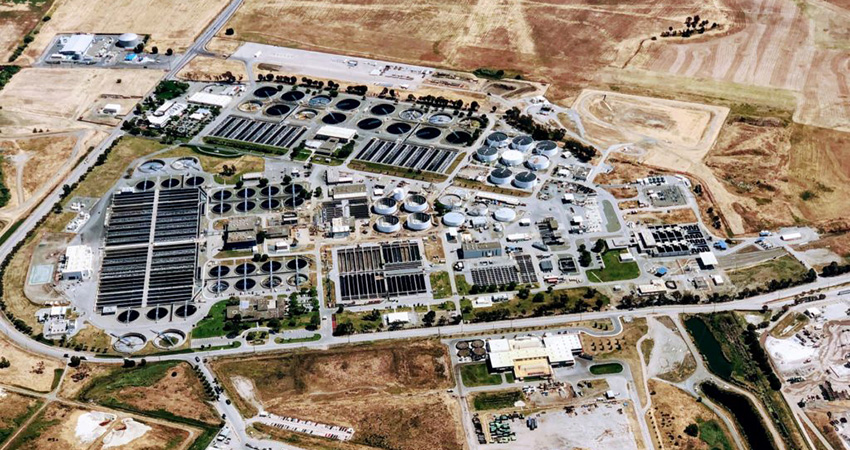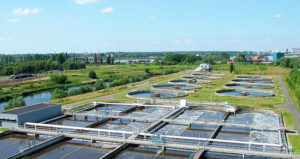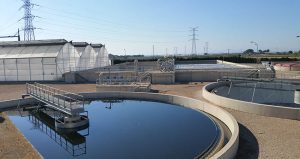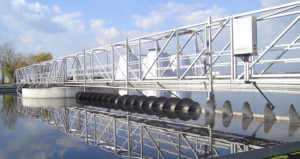UK restricts pumping sewage into the sea

-
 Savina Karneva
Savina Karneva
Share article:
The UK government is changing its Environmental Bill because the country is overwhelmed by illegal discharges and improper functioning waste water treatment plants. As they stated themselves, water companies reported 400 000 dumps of untreated sewage last year. However, these numbers barely present the whole picture because not all sewage discharges are recorded and because the sector is allowed to self-report its spills, a practice that leads to abuse.
The UK’s sewage system is designed to transport wastewater from households and industry. Although water companies have storage tanks for overflow, they fill up fast during a storm. For example, the water company, Southern Water, has a tank with a storage capacity of 40 million liters that is more than the size of 15 Olympic swimming pools together. However, the size of this tank is filled up after 40 minutes of rain, leaving the companies with two choices: either release a valve that leaves the untreated wastewater into seas and rivers or leave it to back up into the sewage system.
Storm water overflows are legally permitted, although as it is stressed by the government, the release of untreated sewage into water resources must be used in ‘exceptional circumstances’. However, British water companies also started dumping wastewater in dry periods, turning the term ‘exceptional’ to pointless.
The consequences
As these practices turned into conventional practice by the water companies, across the UK, sewage waste is found in the sea, on beaches where it is threatening wildlife. Due to the public attention on the situation, the Environment Agency launched a major investigation ending with nearly €107m fine for Southern Water for illegally dumping raw sewage into seas and checking more than 2,000 other sewage treatment works. As it was stated, any company that is caught in breaking legal permits liable to enforcement action, including fines or prosecutions.
Change in the Environment Bill
After the UK was threatened by a tsunami of untreated wastewater, the government proposed an amendment to the Environment Bill that would force water companies to take all necessary measures and to avoid the release of untreated wastewater into rivers and seas.
However, the amendment was rejected by Conservative MPs and as the Department for Environment, Food and Rural Affairs stated that the proposal had good intentions, however, it was ‘already delivered through the many measures within the Environment Bill and more broadly. After the vote, most of the illegal discharges of untreated wastewater were reported, suggesting that water companies took the decision as a green light to start polluting seas and rivers.
Transparency
Eventually, the amendment was returned for a second vote, after which it was accepted. The new Environment Bill has strengthened its laws on wastewater treatment and management of overflow by requiring water companies to produce comprehensive statutory Drainage and Sewerage Management Plans, setting out how they will manage and develop their drainage and sewerage system over a minimum 25-year planning horizon, requiring water companies and the Environment Agency to publish data on storm overflow operation on an annual basis as well as a new duty on water companies to publish real-time information – within one hour- on the operation of storm overflows.


















